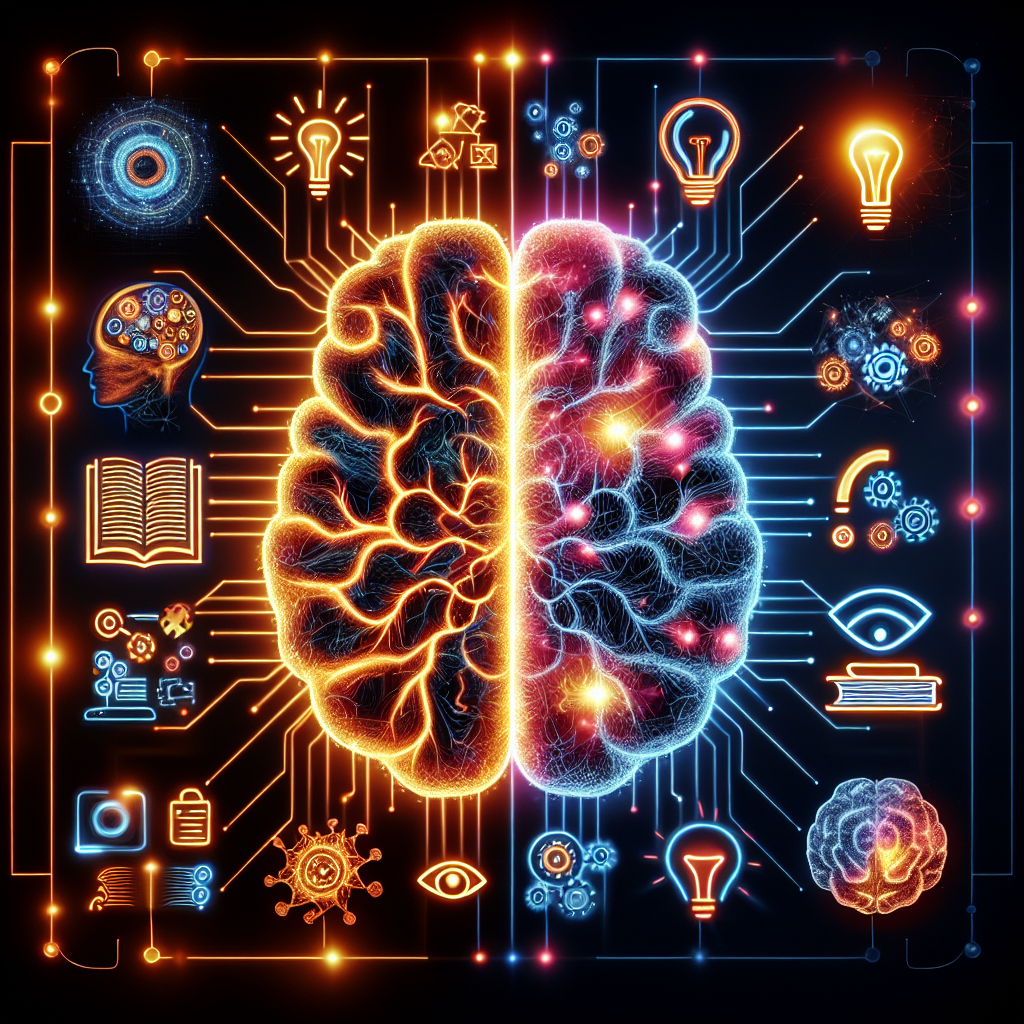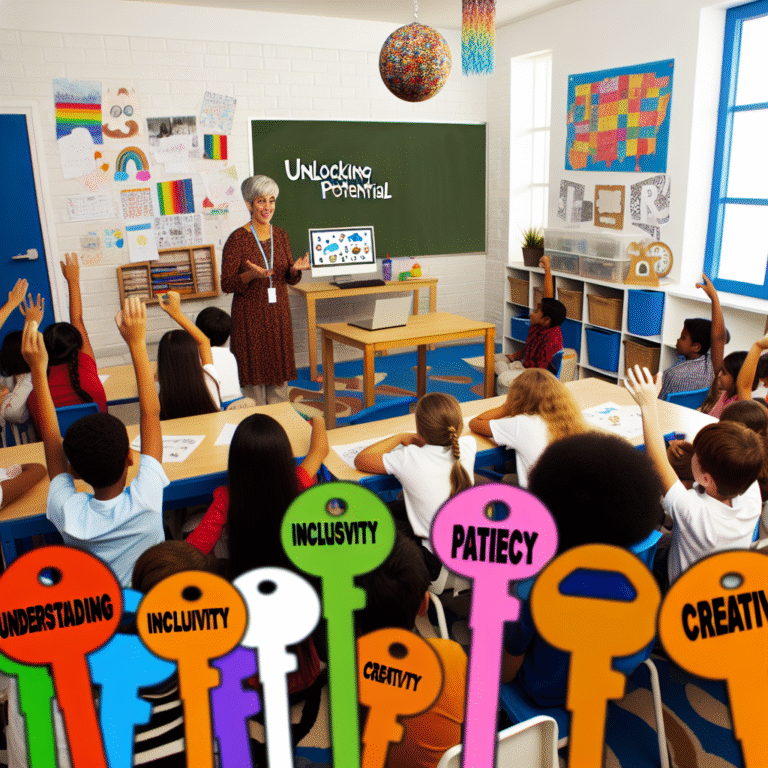
Introduction
Imagine this: you’re in a lecture, trying to absorb a wealth of new information. You diligently take notes, hoping that your brain will retain every nugget for a future exam. But when the time comes to recall that information, your mind draws a blank. This common scenario underscores the pivotal role of memory retrieval in the learning process, illuminating why understanding this mechanism is essential for effective education and personal growth.
Memory retrieval refers to the process of accessing information stored in our brains. It plays a crucial role in how we learn, retain, and apply knowledge. This article delves into Memory Retrieval and Its Role in Learning: A Comprehensive Guide, exploring the intricacies of memory retrieval, its impact on learning, and practical strategies to enhance your memory skills.
Understanding Memory Retrieval
What is Memory Retrieval?
Memory retrieval is the process of recalling or accessing information from our long-term memory. It can occur in various forms, such as recognition (identifying previously learned material) and recall (retrieving information without cues). This cognitive function is vital for applying learned knowledge to new situations.
The Stages of Memory Retrieval
Memory retrieval comprises three key stages:
- Encoding: Transforming sensory input into a form that can be stored in memory.
- Storage: Maintaining the encoded information over time.
- Retrieval: Accessing the stored information when needed.
An understanding of these stages helps illuminate the complexities involved in learning and memory.
The Science Behind Memory Retrieval
Memory retrieval involves complex neural pathways. The hippocampus plays a central role in consolidating memories, while different regions of the brain are responsible for various types of information. Research shows that the emotional context of an experience can significantly enhance recall, emphasizing the link between emotions and memory retrieval.
Case Study: The Fisherman’s Memory
In a compelling study, fishermen from a coastal community were found to remember intricate details about thousands of fishing spots along the coast. Their ability to recall exact locations, types of fish caught, and weather conditions was linked to their deep emotional connection to these experiences. Their memories were not just factual but laden with stories and experiences, reinforcing the importance of emotional context in Memory Retrieval and Its Role in Learning.
The Memory Retrieval Process
The retrieval process can benefit from various cues, which can be categorized into:
- Contextual Cues: Environmental settings or situations that trigger memory recall.
- Emotional Cues: Feelings associated with the learned content that evoke memories.
- Semantic Cues: Conceptual hints related to the knowledge being retrieved.
Utilizing these cues effectively can improve recall and applicability in different contexts.
Memory Retrieval Techniques
The Importance of Active Recall
Active recall, a technique that involves actively retrieving information from memory, has proven to be more effective than passive review. Research indicates that frequent testing and self-quizzing enhance long-term retention significantly.
Spaced Repetition
Spaced repetition is a technique where learners revisit information at increasing intervals. This method helps combat the forgetting curve, which suggests that information is lost over time without reinforcement.
Elaborative Interrogation
Asking “why” questions about learned material fosters deeper connections. This method encourages learners to link new knowledge with existing knowledge, facilitating better retrieval.
Mind Mapping
Creating visual representations of information can aid memory retrieval by organizing complex concepts and relationships. Mind maps help learners visualize the connections between ideas, making recall easier.
Case Study: A Classroom Experiment
In a classroom experiment, students were taught using a combination of active recall, spaced repetition, and mind mapping. The results showed that students who employed these techniques performed 40% better on a subsequent test than those who used traditional study methods. This highlighted the effectiveness of integrating different memory retrieval strategies into learning.
The Role of Memory Retrieval in Learning Enhancement
Facilitating Skill Application
Memory retrieval is essential not just for academic learning but also for practical skill application. For instance, a surgeon must retrieve procedural information quickly and accurately during surgery. Here, effective memory retrieval could be lifesaving. By understanding Memory Retrieval and Its Role in Learning, professionals can train their retrieval skills, reinforcing the memory pathways necessary for their expertise.
Enhancing Critical Thinking
Memory retrieval is closely tied to critical thinking. When learners effectively retrieve information, they can apply it in novel contexts, fostering creativity and problem-solving abilities.
Shaping Personal Identity
Memories shape our identity, influencing decisions and behaviors. A strong capacity for memory retrieval allows individuals to reflect on past experiences, guiding their future actions and values.
Case Study: Personal Development Workshops
A series of personal development workshops emphasized memory retrieval techniques. Participants reported improved self-awareness and decision-making, illustrating how effective memory retrieval can influence personal and professional growth.
Practical Strategies to Improve Memory Retrieval
Regularly Practice Retrieval
Incorporate regular self-quizzing into your study routine. This practice not only engages your brain but also solidifies your memories.
Use Mnemonics
Employ mnemonic devices to create associations between new information and existing knowledge. This technique can turn complex data into memorable cues.
Engage in Group Learning
Social interactions can enhance memory retrieval. Discussing topics with peers allows for the exchange of different perspectives, enriching the learning experience.
Stay Physically Active
Exercise has a positive impact on memory and cognitive functioning. Regular physical activity can foster neurogenesis, making the retrieval process more efficient.
Prioritize Sleep
Sleep is critical for memory consolidation and retrieval. Ensure you are getting sufficient restful sleep to allow your brain to process and store information effectively.
Conclusion
Understanding Memory Retrieval and Its Role in Learning: A Comprehensive Guide offers valuable insights into optimizing your learning experiences. By employing various techniques and recognizing the processes at play, you can significantly enhance your ability to recall and apply information. Transform your learning journey today by committing to the practices outlined in this guide, and unlock your full potential.
FAQs Section
1. What is the difference between recall and recognition in memory retrieval?
Answer: Recall involves retrieving information without cues, while recognition requires identifying previously learned material from a set of options.
2. How does emotional context affect memory retrieval?
Answer: Emotional experiences create stronger associations in the brain, making it easier to retrieve those memories later. Positive or meaningful events are often recalled more vividly.
3. What role does sleep play in memory retrieval?
Answer: Sleep is crucial for memory consolidation, allowing the brain to process and store information effectively. Lack of sleep can impair retrieval abilities.
4. Can I improve my memory retrieval skills?
Answer: Yes! Techniques like active recall, spaced repetition, and mnemonics can enhance your memory retrieval skills, making learning more effective.
5. How does group learning impact memory retrieval?
Answer: Group learning encourages discussion and the exchange of ideas, promoting deeper engagement and improved recall as learners may encounter various perspectives that enrich their understanding.
The journey of learning is ongoing, and by mastering the art of memory retrieval, you can transform your approach to knowledge acquisition, retention, and application. Dive into this comprehensive guide and take actionable steps toward enhancing your memory retrieval skills today.















